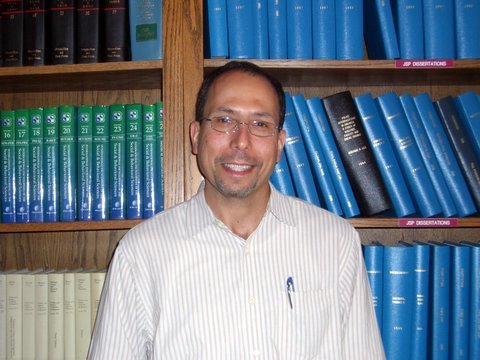Knowledge/Power: Empirical Research and the Challenge to Hierarchies in Law Schools and the Legal Profession
Adam Liptak's "Sidebar column" in the New York Times this morning (requires TimesSelect) provides a striking example of how the increasing integration of empirical research about the legal profession into law schools is reversing the flow of influence between students and the law firm world (at least at the high end of both). Students at Stanford Law School, advised by Professor Michele Landis Dauber (a socio-legal scholar with a PhD in sociology) are ranking law firms with letter grades based on the diversity of their lawyers.
Law students are usually expected to provide firms they are interviewing at with copies of their grades. Now they will be able to reverse the knowledge/power game by handing firm lawyers their own firm grade. With coverage in major papers like the New York Times and LA Times, firms are not likely to laugh it off (consider how powerful the rankings created by US News and World Report have been in shaping law school behavior).
A generation ago (1983), Professor Duncan Kennedy of the Harvard Law School presented a brilliant critique/send up of the elite law school (Legal Education and the Reproduction of Hierarchy) as a place where education was subordinated (and deformed) to the need of the firms for rigorous ranking of their products (lawyers). As empirical methods and research begins to finally cut into the law school curriculum and student consciousness, the possibilities for many such inversions of power and knowledge may become possible.


0 Comments:
Post a Comment
<< Home